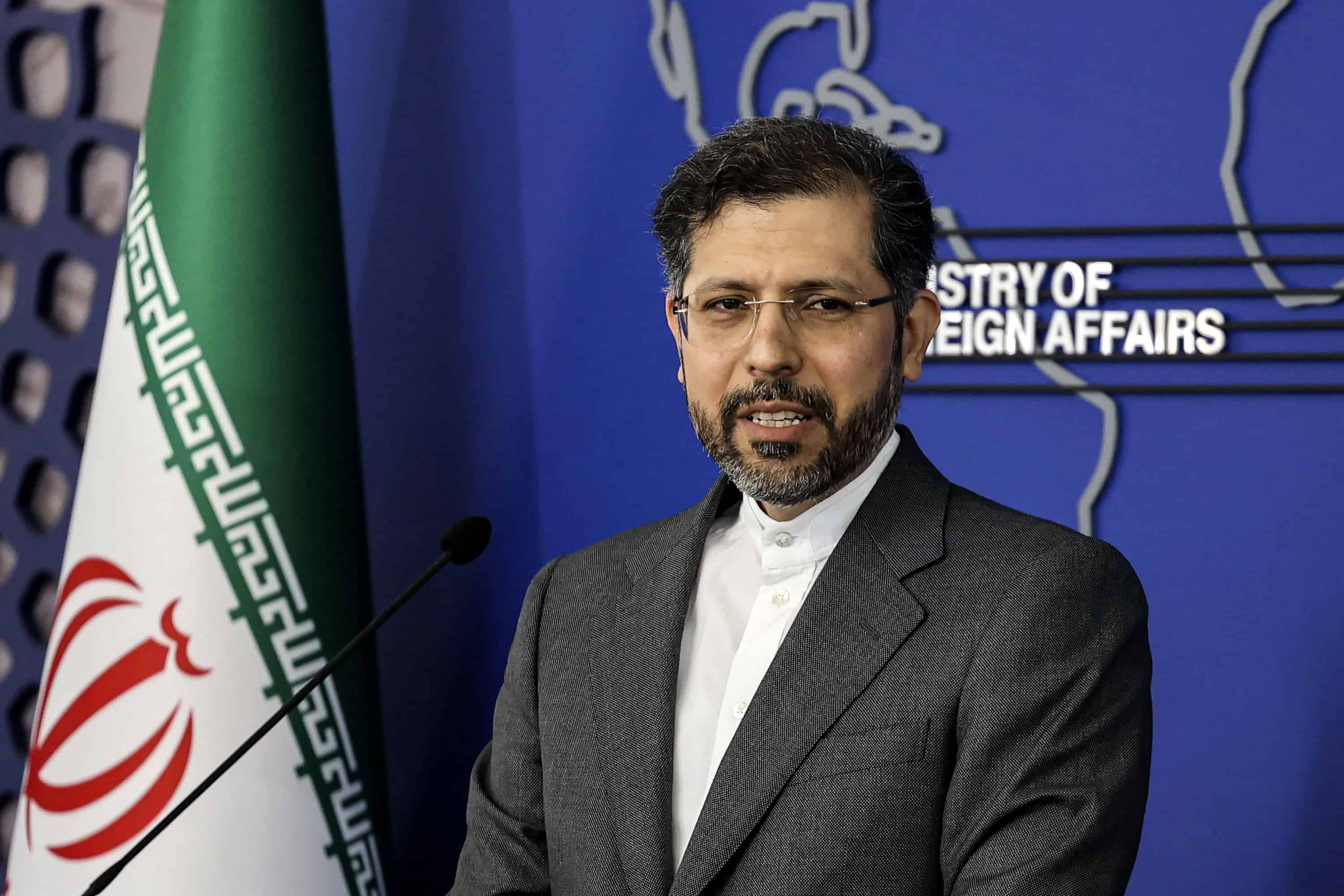The European Union’s coordinator for talks between Iran and world powers over restoring a frayed 2015 nuclear deal will visit Tehran this week, Iran’s foreign ministry said Monday.
The coordinator, Enrique Mora, has played a key role as an intermediary between the US and Iran during a year of on-off talks in Vienna that seek to revive the deal.
The date of Mora’s arrival in Iran’s capital has not been confirmed, but local press reported he is expected on Tuesday.
“The agenda for talks in Tehran is nearly finalized,” foreign ministry spokesman Saeed Khatibzadeh said at a weekly press briefing.
Mora “will meet with Ali Bagheri, the Islamic Republic of Iran’s chief nuclear negotiator.”
The 2015 deal gave Iran sanctions relief in exchange for curbs on its nuclear program to guarantee that it could not develop a nuclear weapon, something Tehran has always denied wanting to do.
It was agreed between Iran and the five permanent United Nations Security Council members China, Russia, the United States, United Kingdom and France, alongside Germany.
But Washington unilaterally withdrew in 2018 under then-president Donald Trump and reimposed biting economic sanctions, prompting Iran to begin rolling back its own commitments.
Talks in Vienna have focused on bringing Washington back into the deal and lifting its sanctions, while ensuring Tehran’s full adherence to its own commitments.
– ‘Right direction’ –
Adversaries for decades, Iran and the United States have been engaged in negotiations only indirectly, exchanging views through the EU’s Mora, even while Tehran has negotiated directly with the remaining parties to the deal.
“Mora’s trip moves the talks in the right direction,” Khatibzadeh said, noting that messages are “constantly exchanged between Iran and the United States via the European Union”.
The Vienna talks have been stalled since March, and Iran called on April 25 for a meeting to revive the dialogue “as soon as possible”.
Among the key remaining sticking points is Iran’s demand that Washington delist its Islamic Revolutionary Guard Corps from a US terror list.
But Khatibzadeh said that the media “must not reduce the issues between Iran and the United States to a single issue, such as the Guards”.
Khatibzadeh also said on Monday that the red “lines set by the high authorities of the Islamic republic have been respected, and that is why we are here today,” without elaborating.
“If the United States decides today to respect the rights of the Iranian people, we can go to Vienna after Mora’s visit and sign the agreement,” he said.
In an interview with the Financial Times published on Saturday, EU foreign policy chief Josep Borrell said he was seeking a “middle way” to bridge the remaining gap between Tehran and Washington.
He said that he wanted Mora to visit Tehran, but that Iran had appeared “very much reluctant”. He described the EU’s diplomatic push as “the last bullet” in attempts to salvage the deal.
“We cannot continue like this forever, because in the meantime Iran continues developing their nuclear program,” Borrell added.








